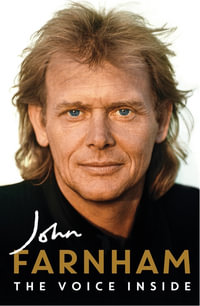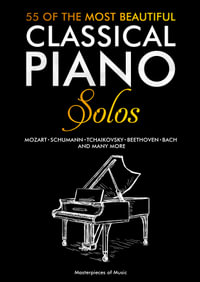Even as orchestras, performers, enthusiasts, and critics across the nation--and across the globe--celebrate the one-hundredth anniversary of his birth, George Gershwin (1898-1937) remains one of America's most popular yet least appreciated composers. True, he is loved and revered for his wonderful popular songs, a few instrumental works, and the majestic opera Porgy and Bess. But most of his music is virtually unknown; hundreds of compositions, Broadway show tunes, and even several large and important instrumental works are gradually disappearing with the generations that first heard them.
The Gershwin Style: New Looks at the Music of George Gershwin is a bold new work that stands in opposition to this disappearance. It is also a fresh collection of essays that promises to make a key contribution to American music research. Editor Wayne Schneider has corralled some of the leading authorities of Gershwin's efforts--renowned experts and authors who have researched his music for years if not decades--and sets their work alongside articles by scholars who come to Gershwin for the first time from backgrounds in American music or popular music in general. The notable contributors include Wayne D. Shirley, Charles Hamm, Edward Jablonski, and Artis Wodehouse (who has transcribed nearly all of Gershwin's piano performances).
No one who surveys the American musical landscape can doubt Gershwin's enduring popularity or profound influence, but his critical standing among today's serious music scholars is much less certain. As Schneider points out in his Introduction, there have been many biographies of Gershwin but comparatively few studies of his music in and of itself. Covering both the "popular" and "classical" extremes of Gershwin's output, as well as the many and subtle points in between, this book reevaluates the music of an American original from several enlightening perspectives. This is a book with much to offer any student or scholar of American music--while some essays explore new methods of measuring Gershwin's abilities as a composer, others draw on hitherto unavailable musical and archival sources to make arguments previously unthinkable. The essays gathered here, most of which were written especially for this volume, thus address a number of important research topics, among them biography,
source studies, music analysis, performance practice, and questions of interpretation and reception. The contributions also reflect the wide diversity of contemporary thinking regarding the logic, legacy, and lure of Gershwin's music.
Industry Reviews
"Excellent notes with each paper serve as the bibliography. A useful addition to comprehensive music and performing-arts collections."--Choice
"Excellent notes with each paper serve as the bibliography. A useful addition to comprehensive music and performing-arts collections."--Choice
"These stimulating essays provide ample insights for the lover of Gershwin scholarship and vocal music. Recommended." --The Opera Journal
"Rich collection of articles"-- The Opera Journal
























